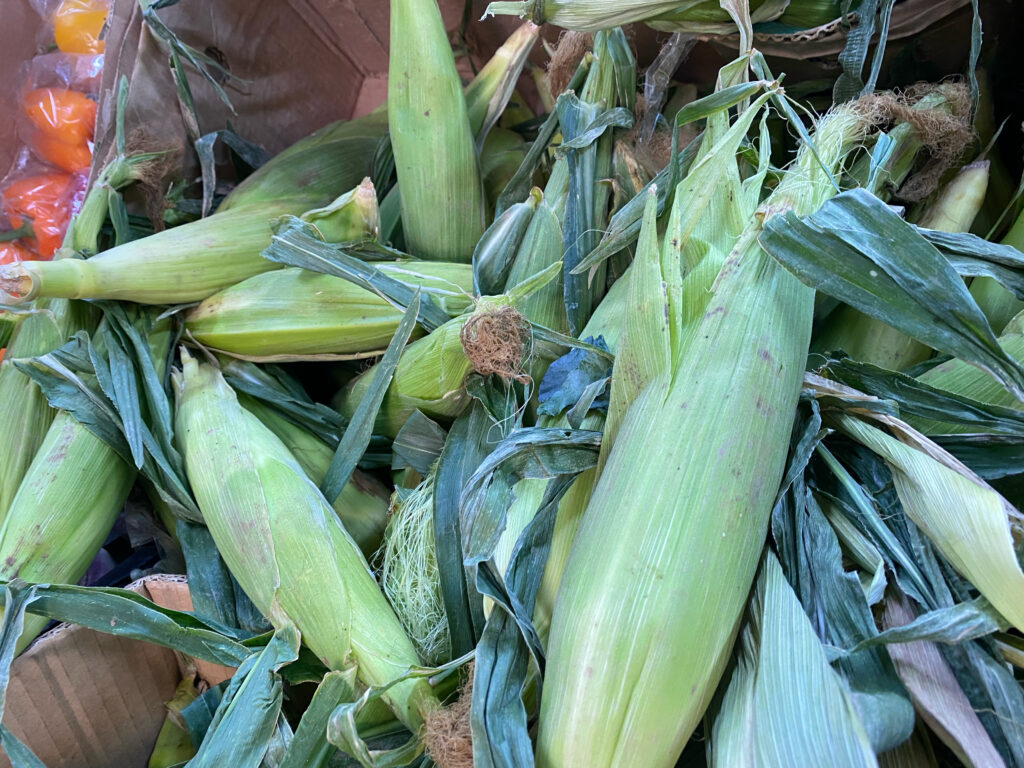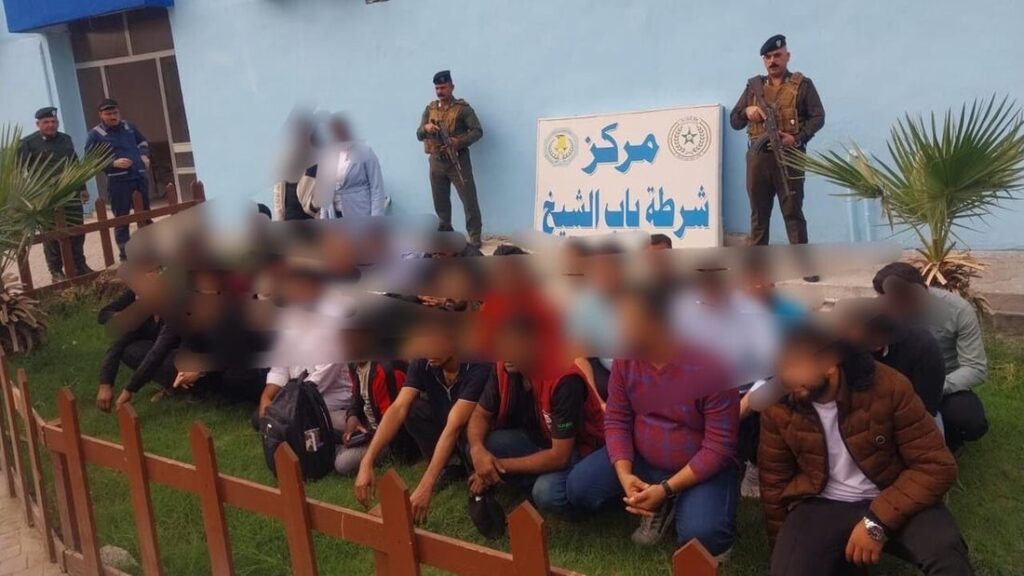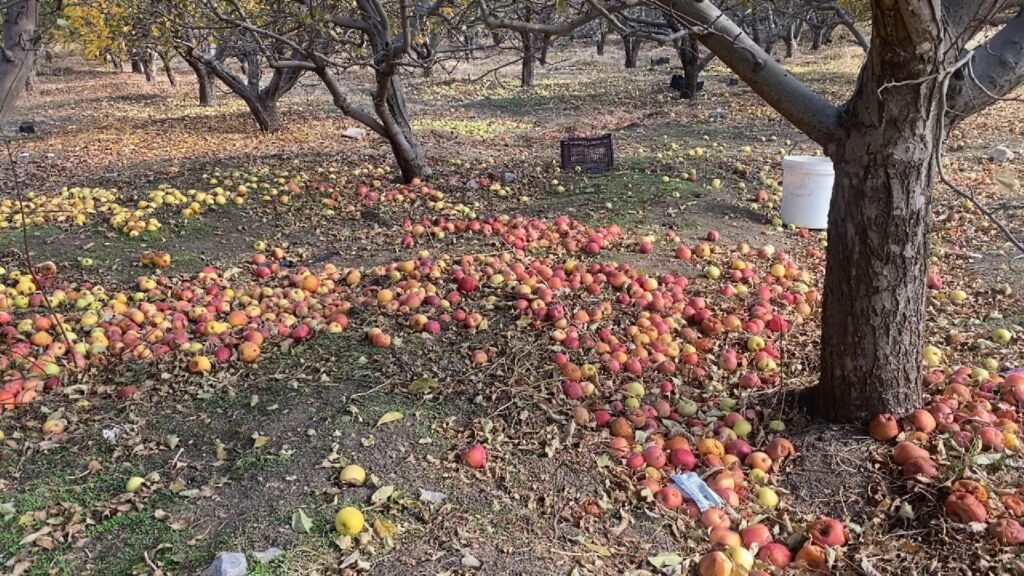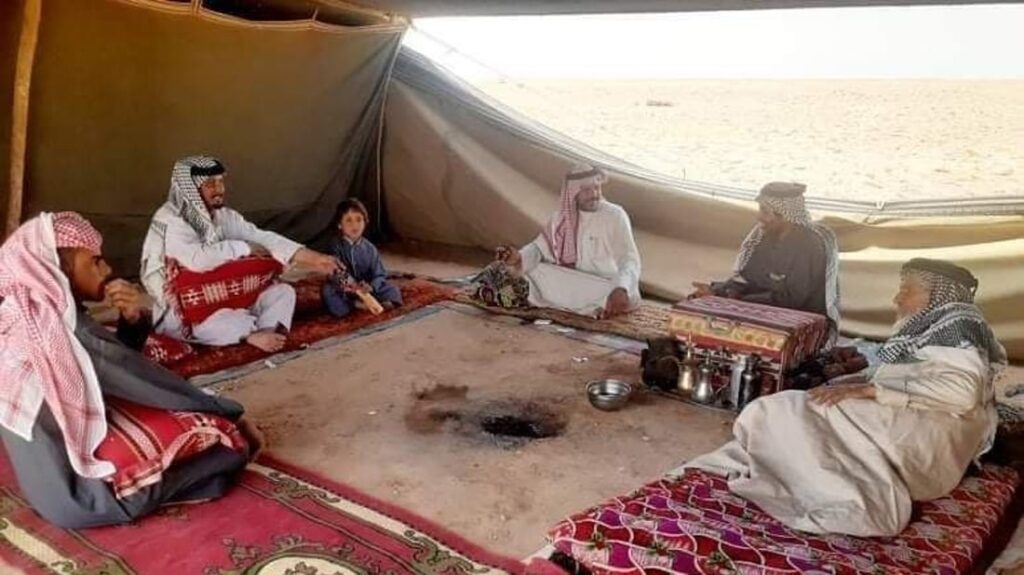Six rockets target Baghdad airport, damaging two planes

Six rockets were fired Friday at the Iraqi capital's airport, causing damage but no casualties, authorities said, the latest in a string of attacks the US blames on Iran-linked militias.
The rockets hit Baghdad International Airport's causing "significant damage to one runway and to two civilian planes", the Civil Aviation department said in a statement.
Prime Minister Mustafa al-Kadhemi denounced the attacks, which he said were aimed at "tarnishing" Iraq's reputation and "casting doubt over the security situation".
The attack was not immediately claimed by any group.
Recent months have seen rocket and drone attacks target the US embassy in Baghdad's high-security Green Zone, a US diplomatic facility at the airport and troops belonging to a US-led coalition stationed at Iraqi bases.
The past few weeks have also seen violence targeting Iraqi politicians and parties, largely consisting of grenade attacks, but also extending to one rocket assault near the home of a key politician, amid tensions surrounding the formation of a new government.
One of the planes hit was a Boeing 767 belonging to Iraqi Airways, that was out of service and stationary.
The state-owned airline posted pictures of the damage, consisting of a hole near the nose of a plane. No flights were affected by the attack, the airline added.
The security services also said that Katyusha rockets had been fired on the airport.
A rocket launcher with three projectiles was found in the Abu Ghreib region north of Baghdad, the security services said, adding they had "important leads" that could help track down the assailants.
- Post-election tensions -
Like Friday's rockets, recent attacks are rarely claimed.
But they are routinely pinned on pro-Iran factions, who demand that US troops deployed to help Iraqi forces fight the Islamic State jihadist group leave the country.
The US-led coalition ended its combat mission in Iraq in December, four years after the Baghdad government declared victory over the jihadists.
But roughly 2,500 American soldiers and 1,000 coalition soldiers remain deployed in Iraq to offer training, advice and assistance to national forces.
On January 3, US forces downed two armed drones that targeted the coalition at Baghdad airport, according to a coalition source.
On January 13, three people, including two children, were wounded by a rocket that hit a school in the Green Zone, while two other rockets fell inside the US embassy complex, without causing casualties.
Recent attacks have also come amid a tense political situation.
An election in October saw Fatah (Conquest) Alliance, the political wing of pro-Iran ex-paramilitary coalition Hashed al-Shaabi, lose most of its seats. It alleged the polls were rigged.
A bloc led by Shiite cleric Moqtada Sadr, who once led an anti-US militia and who opposes all foreign interference, took the largest share of seats, and is trying to form a coalition government that could include Sunni and Kurdish factions.
Three rockets on Tuesday landed near the home of Sunni parliament speaker and prospective Sadr ally Mohammed al-Halbussi, just hours after the supreme court approved his re-election in that role.
str-sf/tgg/hkb/pjm
BOEING
Related Links
Iraq: The first technology war of the 21st century
| Thanks for being here; We need your help. The SpaceDaily news network continues to grow but revenues have never been harder to maintain. With the rise of Ad Blockers, and Facebook - our traditional revenue sources via quality network advertising continues to decline. And unlike so many other news sites, we don't have a paywall - with those annoying usernames and passwords. Our news coverage takes time and effort to publish 365 days a year. If you find our news sites informative and useful then please consider becoming a regular supporter or for now make a one off contribution. | ||
| SpaceDaily Contributor $5 Billed Once credit card or paypal | SpaceDaily Monthly Supporter $5 Billed Monthly paypal only | |
Iraq's battle against IS cells grinds on in the desert
Hawi Al-Azim , Iraq (AFP) Jan 25, 2022
Bullet holes riddle the concrete watchtower of a remote Iraqi army outpost north of Baghdad, a sign of the jihadist Islamic State group's night-time attack that killed 11 soldiers. The small riverside base is ringed by sand berms, a shallow moat and coils of razor wire, and three soldiers in mismatched uniforms are busy strengthening it with cement and cinder blocks. It has been four years since the extremist Sunni group lost its self-proclaimed "caliphate" stretching across much of Iraq and Syr ... read more







